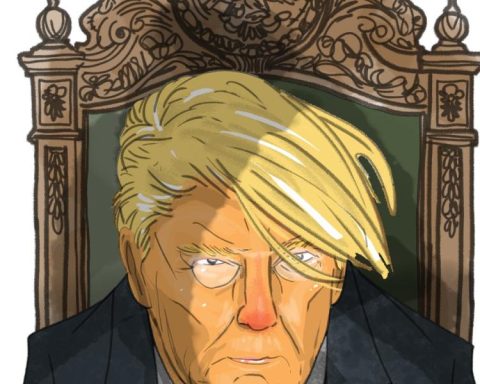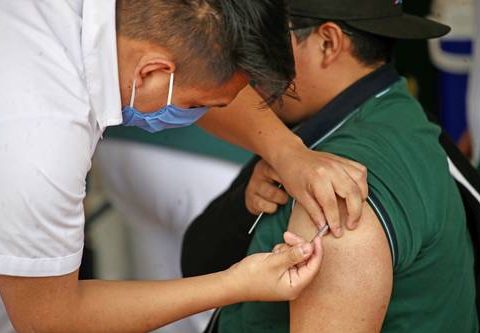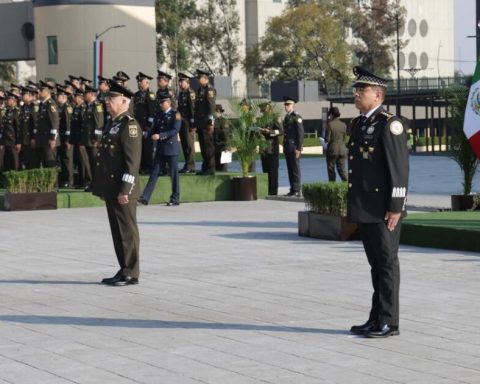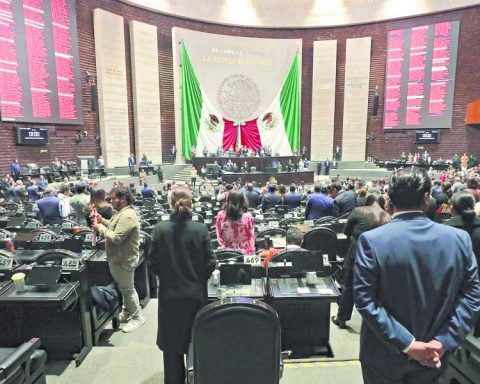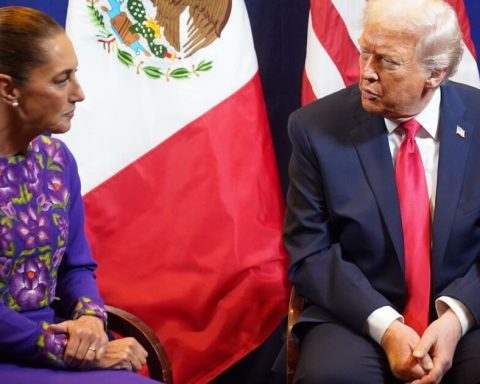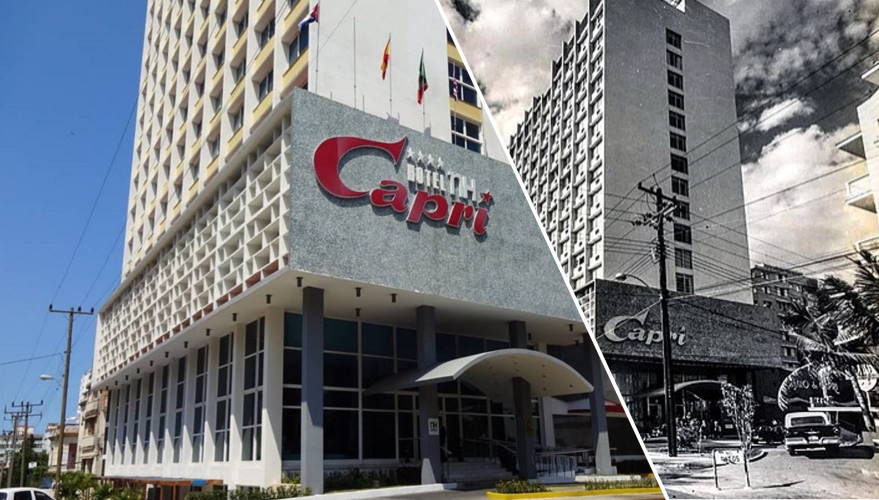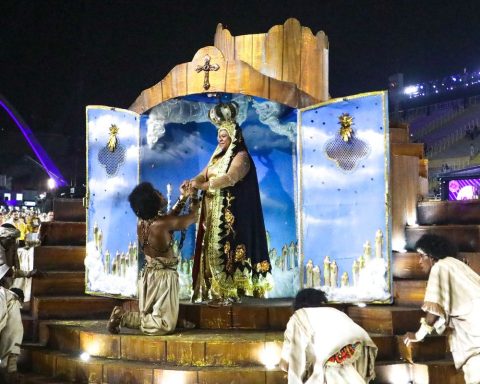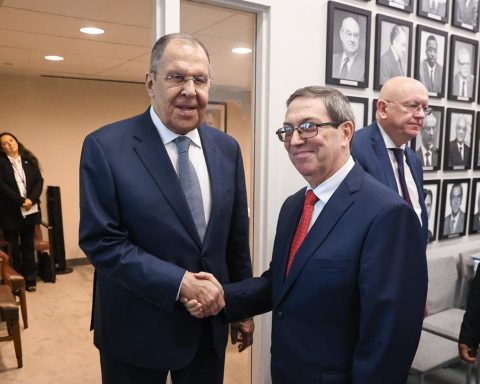AND
n the confrontation between the National Electoral Institute (INE) and the federal government, derived from the proposal of the President of the Republic, which has polarized an important part of the Mexican population, indigenous peoples, as peoples, do not support any of the parts. It is not due to indifference or laziness, nor because they are oblivious to the country’s problems. They do not support any of the contenders because none of them has cared to protect or promote the rights of indigenous peoples; on the contrary, voluntarily or involuntarily, with their actions they have violated their political rights recognized in our Constitution, in international treaties and in the jurisprudence of the Inter-American Court of Human Rights, all of these mandatory norms for them. Furthermore, whatever the outcome of the contest, whether there is a constitutional reform or not, it will not have any positive impact on the exercise of these rights.
On April 28, Adán Augusto López Hernández, Secretary of the Interior, presented before the Chamber of Deputies, on behalf of the President, an initiative to modify 18 articles of the Political Constitution of the United Mexican States, related to the political rights of the Mexicans and the form of their exercise. In accordance with said proposal, it is proposed to achieve 10 objectives, among which none refers to the participation of indigenous peoples in the elections, despite the fact that it is a pending issue and that the Federal Electoral Tribunal has ordered several states of the Republic to legislate in this regard and the Supreme Court of Justice of the Nation has issued sentences with guidelines to do so. To this we can add that, three years ago, the Ministry of the Interior and the National Institute of Indigenous Peoples called for the development of an initiative on indigenous rights, which considers electoral rights, which almost no one remembers anymore.
From what has been said so far, an unfortunate conclusion can be drawn: the federal government is not interested in generating concrete conditions for indigenous peoples to exercise their rights based on their own institutions and their own law. Behind this refusal is the idea that, if this happens, political parties would no longer have a monopoly on political participation and the control they exercise over indigenous peoples would break down. This is a conviction of both the three levels of government and the political parties and the INE. That is why the presidential initiative for constitutional reform to modify the integration of the INE, the Chamber of Deputies and the municipal councils ignores the forms of participation of indigenous peoples, but also those who oppose said reform are silent before the omission. Too bad if they are silent out of ignorance, worse if they know and do not want to deal with the issue.
The INE has dealt with the issue, but it has done so badly that it has only managed to consolidate control over indigenous peoples or, what is worse, allow people outside of them to hide their rights. Years ago it drew up some guidelines and established electoral districts where political parties should establish a quota of indigenous candidates. This measure, which seems noble and correct, took away the right of the people and handed it over to the political parties, which ultimately resulted in a marketing of indigenous candidacies, in which the parties allowed unscrupulous politicians, who nothing They have to do with the indigenous peoples and communities, they went to them to request letters in which they assured that they were part of these, when they did not even know their names. Recently, a consultation of opinion
something non-existent in the law, to determine the territorial demarcation of the electoral districts.
In this scenario, why should indigenous peoples and communities support the INE or the government in their dispute over electoral reform? There is no specific reason, but many in the sense that, whatever the outcome, your situation will not change. Experience shows that with organization and political and legal struggle in other scenarios important battles can be won. The elections for uses and customs in 417 municipalities of Oaxaca; the legal recognition of three indigenous municipalities in Morelos, or the recognition as indigenous municipalities of San Francisco Cherán in Michoacán, Ayutla de los Libres in Guerrero, and Oxchuc in Chiapas, show that it is not with electoral reforms promoted since the power that can be advanced, but with the organized struggle of the peoples themselves. Thus, in the contest between the INE and the federal government for the electoral reform, they are only waiting to find out who their next opponents will be.

